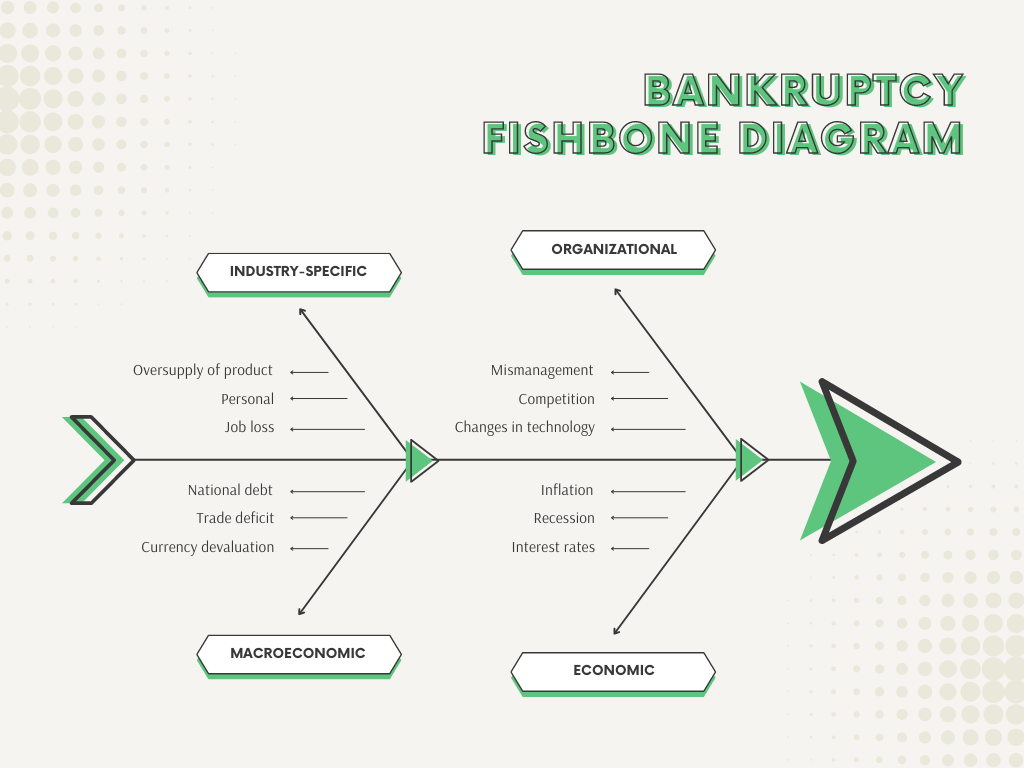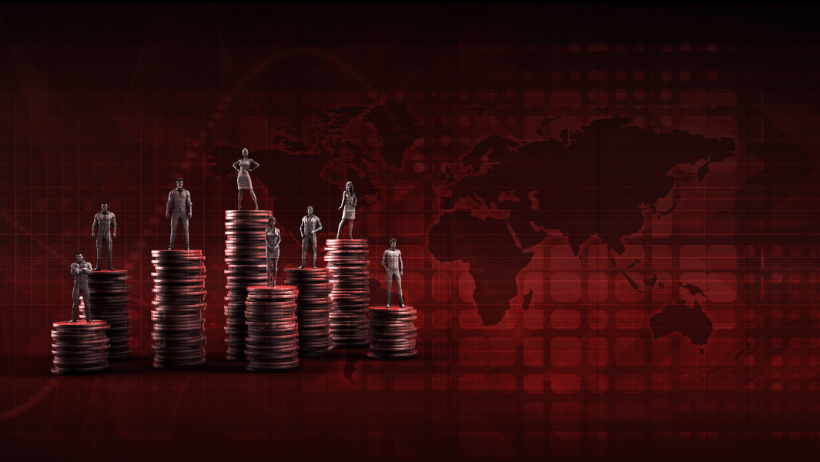America’s Recession Forecast 2023: A Bleak Economic Outlook
The United States economy has experienced periods of growth and contraction throughout its history, but the looming recession forecast for 2023 is causing concern for both policymakers and the American people.
The COVID-19 pandemic has wreaked havoc on the world economy, causing widespread unemployment, business closures, and economic uncertainty. As the world struggles to contain the pandemic, the United States faces a bleak economic outlook that could lead to a recession.
Introduction: Understanding the Current Economic Climate
The United States economy is in a precarious position due to the ongoing COVID-19 pandemic. While the economy has shown some signs of recovery, the pandemic’s effects continue to linger, causing widespread disruption to businesses, households, and the job market.
With the uncertainty surrounding the pandemic and the challenges of the current economic climate, economists predict a possible recession in 2023. This article will explore the factors contributing to this forecast and what the recession could mean for the country.

The Impact of COVID-19 on the Economy
The COVID-19 pandemic has been the primary cause of the current economic downturn, affecting various sectors of the economy. The pandemic’s impact on businesses has been significant, with many companies forced to close or downsize to remain afloat.
This has resulted in massive job losses, with unemployment rates reaching historic highs. Despite some efforts by the government to mitigate the damage, the country’s economic recovery has been slower than expected.
Factors Contributing to the 2023 Recession Forecast
Several factors are contributing to the recession forecast for 2023, including:
1. Job Losses and Unemployment
The COVID-19 pandemic has caused widespread job losses, with millions of Americans out of work. The pandemic’s impact on the job market has been uneven, with some industries hit harder than others. The service sector, which employs many low-wage workers, has been particularly hard-hit, leading to an increase in poverty levels.
2. Inflation and Rising Prices
The pandemic has caused supply chain disruptions and shortages, leading to higher prices for goods and services. Inflation has been on the rise, affecting the purchasing power of consumers and adding to economic uncertainty. The Federal Reserve has attempted to mitigate the impact of inflation, but it remains a significant concern.
3. Government Debt and Deficit Spending
The government’s response to the pandemic has been costly, leading to a massive increase in the national debt. Deficit spending has become the norm, with the government borrowing heavily to fund pandemic relief efforts. While these measures have helped to mitigate some of the pandemic’s impact, they have also raised concerns about the country’s long-term economic stability.
4. Trade Deficit and Global Economic Uncertainty
The United States has been running a significant trade deficit for many years, with imports far exceeding exports. The pandemic has exacerbated this issue, causing disruptions in global trade and further increasing the trade deficit. Global economic uncertainty and geopolitical tensions have also contributed to the recession forecast.

What the 2023 Recession Could Mean for Americans
If the recession forecast for 2023 comes to pass, it could have significant consequences for Americans. A recession would likely lead to further job losses, wage stagnation, and economic uncertainty. Poverty levels could increase, and the wealth gap could widen. Government programs aimed at mitigating the effects of the recession could also face funding cuts, further exacerbating the economic impact.
Conclusion: A Grim Economic Future?
The looming recession forecast for 2023 is a cause for concern for both policymakers and the American people. While it is impossible to predict the future with certainty, the factors contributing to the forecast suggest that the economy may be in for a rough ride.
The government and private sector must take immediate action to address the economic challenges facing the country. The government must continue to provide relief to those most affected by the pandemic while also addressing the underlying economic issues contributing to the forecast.
The private sector must also step up and take responsibility for its role in the economic downturn, finding ways to create jobs and stimulate economic growth.
The road ahead may be challenging, but it is not impossible to overcome. However, it will require a coordinated effort from all sectors of society to weather the economic storm and emerge stronger on the other side.
FAQs
- What is a recession, and how does it differ from a depression?
- A recession is a significant decline in economic activity over a sustained period, usually marked by a decrease in GDP, employment, and production. Depression is a severe and prolonged recession marked by significant declines in GDP and employment, lasting several years.
- How does the COVID-19 pandemic contribute to the recession forecast for 2023?
- The pandemic has caused significant disruptions to the economy, leading to job losses, business closures, and economic uncertainty. The ongoing effects of the pandemic have created an uncertain economic climate that could lead to a recession.
- What steps can the government take to address the economic challenges facing the country?
- The government can continue to provide relief to those most affected by the pandemic while also addressing underlying economic issues contributing to the forecast. This may include investing in infrastructure, creating jobs, and addressing income inequality.
- What role does the private sector play in addressing the economic challenges facing the country?
- The private sector can play a critical role in creating jobs and stimulating economic growth. This may involve investing in new technologies, developing new products, and expanding their operations to create more jobs.
- How can individuals and households prepare for a possible recession?
- Individuals and households can prepare for a possible recession by creating a financial plan, reducing debt, increasing savings, and exploring ways to increase their income. It is also essential to stay informed about the economic climate and adjust their plans accordingly.
Here are some references to support the discussion on America’s recession forecast for 2023:
- “Recession” definition by Investopedia: https://www.investopedia.com/terms/r/recession.asp
- “Depression” definition by Investopedia: https://www.investopedia.com/terms/d/depression.asp
- “The COVID-19 Pandemic and the U.S. Economy” by the Congressional Research Service: https://fas.org/sgp/crs/misc/R46554.pdf
- “Economic stimulus” definition by Investopedia: https://www.investopedia.com/terms/e/economic-stimulus.asp
- “The role of the private sector in economic development” by the World Bank: https://www.worldbank.org/en/topic/private-sector-development/brief/role-of-the-private-sector-in-economic-development
- “Preparing for a recession: 5 tips for individuals and households” by CNBC: https://www.cnbc.com/2020/03/12/preparing-for-a-recession-5-tips-for-individuals-and-households.html
These sources provide additional information and context for the article’s discussion on the economic forecast for the United States in 2023.




